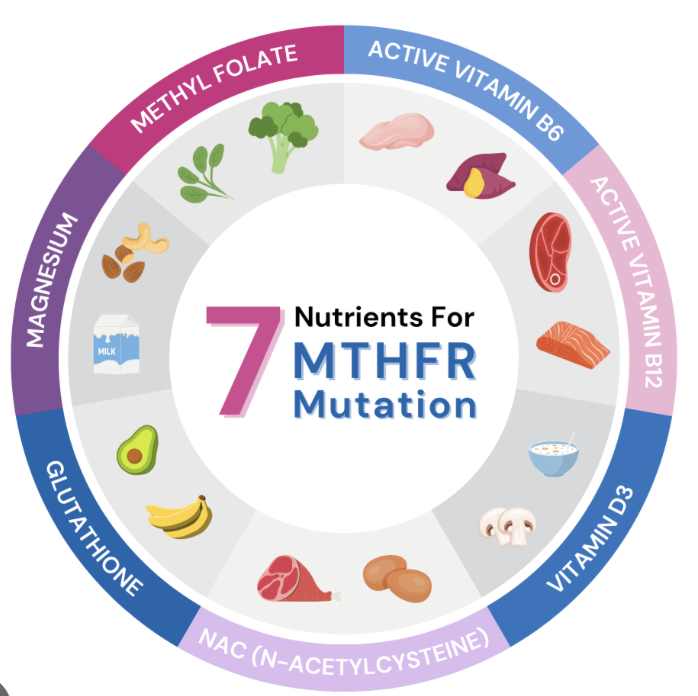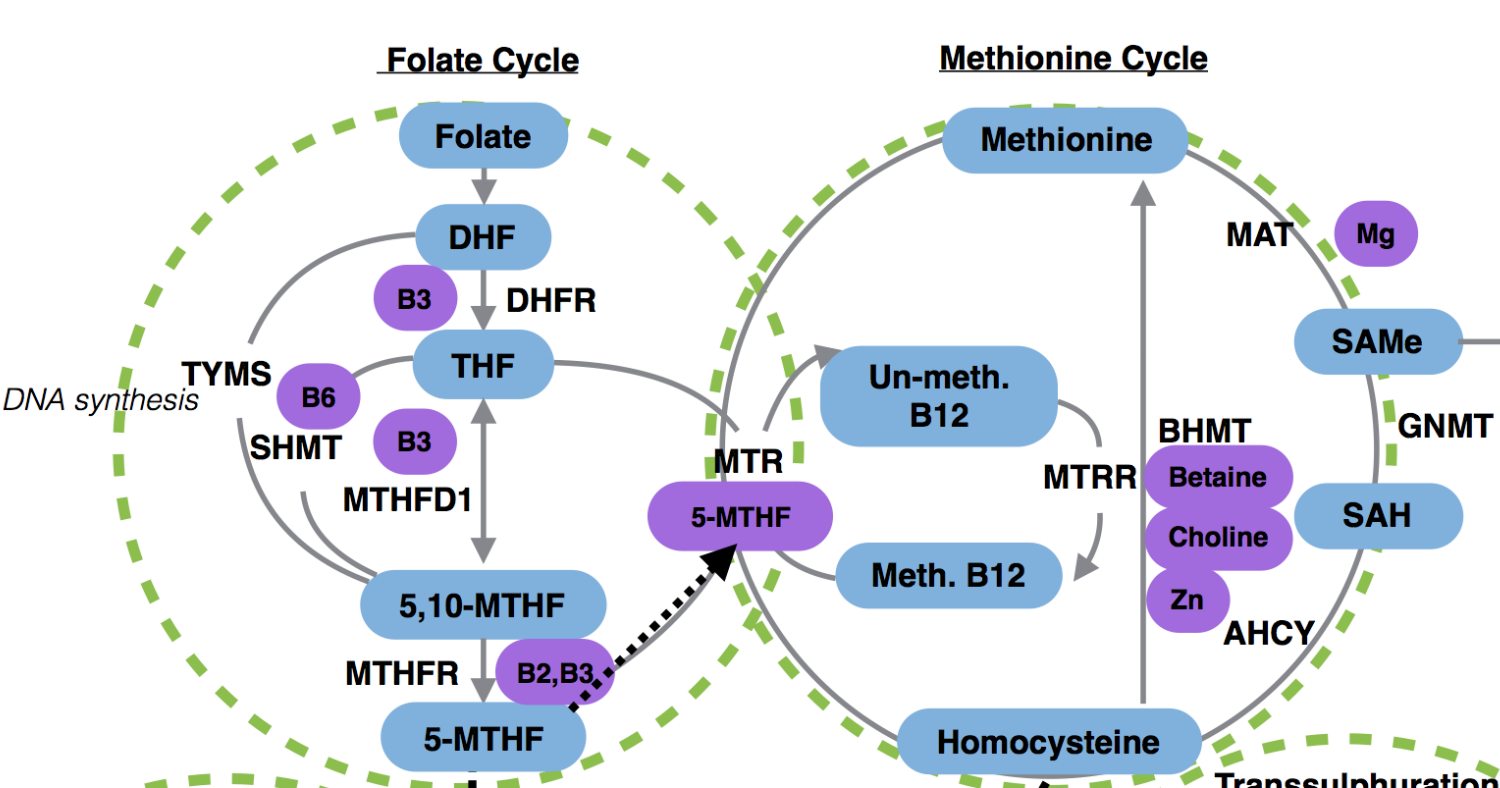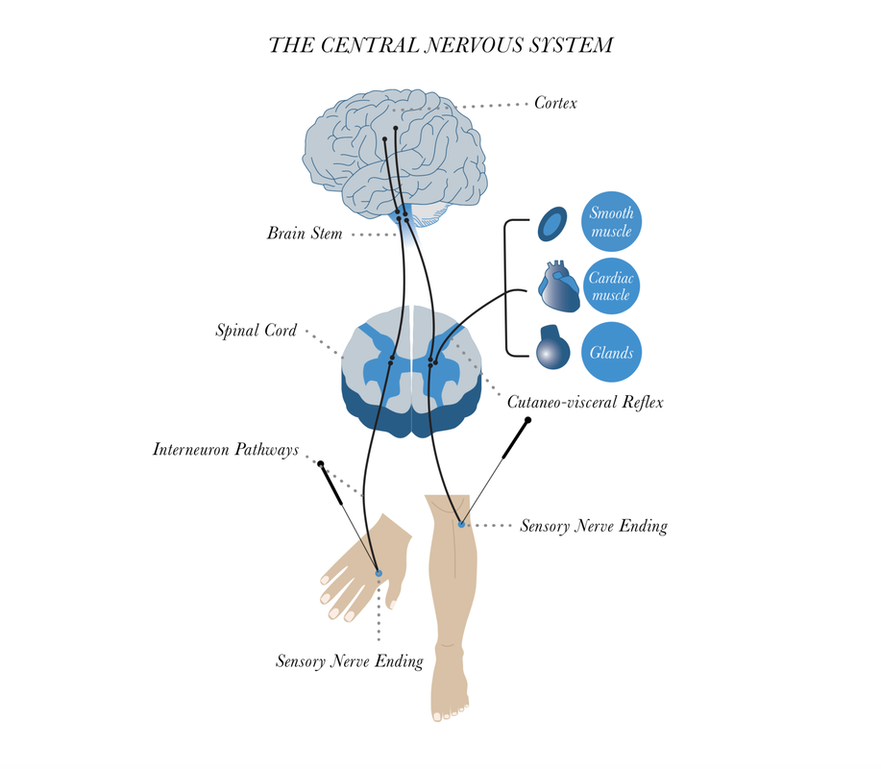Giedre Holistic Therapies
- Home
-
Lymphatic Drainage
- POST-SURGERY LYMPHATIC DRAINAGE
- Why choose MLDUK registered therapist?
- It’s time to Detox! Let’s take it seriously!
- Lymphedema
- The magics of lymphatic drainage
- Does food matter in Lipoedema management?
- Lipoedema
- Lymphedema After Cancer: How Serious Is It?
- MLD for COVID recovery
- MLD for Fibromyalgia
- Never be sick or tired again
- Acupuncture
- Fertility Acupuncture
- RED AND NEAR IF LGHT THERAPY
- Testimonials
- Blog
- News
- CONTACTS
- GDPR Compliance
Unlocking Potential: Feeding Your Genes to Improve Fertility
Achieving healthy pregnancy and fertility can be a journey filled with ups and downs. There are many risk factors involved in infertility issues but the main ones are the following: age – fertility declines with age, weight – being overweight or underweight, sexually transmitted infections (STIs), smoking, alcohol, STRESS, environmental factors, PCOS, endometriosis, and certainly genetics. All of these can effect ovulation, egg and sperm quality and production, and be the cause of recurrent miscarriages, failed IVF or unexplained infertility.
However, recent advancements in the field of nutrition and nutrigenomics have shed light on the significant role of testing genes and genetic variations to optimise fertility and healthy pregnancy.
Nutrigenomics are an area of genomics which focuses on genes that relate and respond to nutrition and lifestyle interventions.
Each person's genetic makeup is unique, and understanding how specific genes respond to nutrients can provide valuable insights into fertility, pregnancy, and general health.
By understanding genetic variations, we can provide specific recommendations to support optimal nutrient intake, including essential vitamins, minerals, and antioxidants crucial for fertility.
The one most important genetic report I always offer to my fertility clients is DNA Methylation report . Methylation is involved in almost every biochemical reaction in the body, occurring billions of times every second in our cells, and contributing to numerous crucial bodily functions. When methylation is impaired, it can contribute to major chronic conditions, including cardiovascular diseases, infertility, unexplained miscarriages, problems during pregnancy, mood disorders, free radical damage (premature ageing), diabetes, neural tube defects, neurological conditions, chronic fatigue syndrome.
The genes that might effect fertility are MTHFR, PEMT, BHMT, CHDH, and MTHFD1. For example, the polymorphism (SNP) on PEMP gene can lead to lower activity of the enzyme Choline which is crucial for men and women fertility. Ensuring adequate dietary intake of foods rich in choline such as eggs, beef, chicken, fish and taking choline supplements additionally might improve the chances to conceive both, naturally and via IVF.
The polymorphism of MTHFD1 gene has been linked to increased risk of folate sensitive neural tube defects and endometriosis related infertility due to choline depletion.
The SNPs identified in CHDH gene result in altered CHDH enzymatic activity and is associated with increased susceptibility to dietary choline deficiency and risk of breast cancer and reduced sperm motility. In a study carried out by Johnson et al. (2012), carriers of CHDH SNP were supplemented with choline and the result was an improvement in the motility of their sperm which implies a potential improvement in fertility.
In addition we analyse the polymorphism of genes related to gut health, nutrient metabolism and absorption, weight management, detoxification, insulin resistance, sex and stress hormones to empower you on the journey towards achieving fertility goals.
Knowing your genetic predisposition, increased likelihood of developing particular diseases or undesirable symptoms can be empowering and motivating, and can be the incentive to make positive dietary and lifestyle changes to support fertility and general health.
Nutrigenomics testing, consultation and personalised nutrition plan based on your individual genotype to enhance fertility and general health. BOOK online or call/email to inquire
Achieving healthy pregnancy and fertility can be a journey filled with ups and downs. There are many risk factors involved in infertility issues but the main ones are the following: age – fertility declines with age, weight – being overweight or underweight, sexually transmitted infections (STIs), smoking, alcohol, STRESS, environmental factors, PCOS, endometriosis, and certainly genetics. All of these can effect ovulation, egg and sperm quality and production, and be the cause of recurrent miscarriages, failed IVF or unexplained infertility.
However, recent advancements in the field of nutrition and nutrigenomics have shed light on the significant role of testing genes and genetic variations to optimise fertility and healthy pregnancy.
Nutrigenomics are an area of genomics which focuses on genes that relate and respond to nutrition and lifestyle interventions.
Each person's genetic makeup is unique, and understanding how specific genes respond to nutrients can provide valuable insights into fertility, pregnancy, and general health.
By understanding genetic variations, we can provide specific recommendations to support optimal nutrient intake, including essential vitamins, minerals, and antioxidants crucial for fertility.
The one most important genetic report I always offer to my fertility clients is DNA Methylation report . Methylation is involved in almost every biochemical reaction in the body, occurring billions of times every second in our cells, and contributing to numerous crucial bodily functions. When methylation is impaired, it can contribute to major chronic conditions, including cardiovascular diseases, infertility, unexplained miscarriages, problems during pregnancy, mood disorders, free radical damage (premature ageing), diabetes, neural tube defects, neurological conditions, chronic fatigue syndrome.
The genes that might effect fertility are MTHFR, PEMT, BHMT, CHDH, and MTHFD1. For example, the polymorphism (SNP) on PEMP gene can lead to lower activity of the enzyme Choline which is crucial for men and women fertility. Ensuring adequate dietary intake of foods rich in choline such as eggs, beef, chicken, fish and taking choline supplements additionally might improve the chances to conceive both, naturally and via IVF.
The polymorphism of MTHFD1 gene has been linked to increased risk of folate sensitive neural tube defects and endometriosis related infertility due to choline depletion.
The SNPs identified in CHDH gene result in altered CHDH enzymatic activity and is associated with increased susceptibility to dietary choline deficiency and risk of breast cancer and reduced sperm motility. In a study carried out by Johnson et al. (2012), carriers of CHDH SNP were supplemented with choline and the result was an improvement in the motility of their sperm which implies a potential improvement in fertility.
In addition we analyse the polymorphism of genes related to gut health, nutrient metabolism and absorption, weight management, detoxification, insulin resistance, sex and stress hormones to empower you on the journey towards achieving fertility goals.
Knowing your genetic predisposition, increased likelihood of developing particular diseases or undesirable symptoms can be empowering and motivating, and can be the incentive to make positive dietary and lifestyle changes to support fertility and general health.
Nutrigenomics testing, consultation and personalised nutrition plan based on your individual genotype to enhance fertility and general health. BOOK online or call/email to inquire
HoursM-S: 9am - 8pm
|
Telephone+44 7972705733
|
|
- Home
-
Lymphatic Drainage
- POST-SURGERY LYMPHATIC DRAINAGE
- Why choose MLDUK registered therapist?
- It’s time to Detox! Let’s take it seriously!
- Lymphedema
- The magics of lymphatic drainage
- Does food matter in Lipoedema management?
- Lipoedema
- Lymphedema After Cancer: How Serious Is It?
- MLD for COVID recovery
- MLD for Fibromyalgia
- Never be sick or tired again
- Acupuncture
- Fertility Acupuncture
- RED AND NEAR IF LGHT THERAPY
- Testimonials
- Blog
- News
- CONTACTS
- GDPR Compliance




